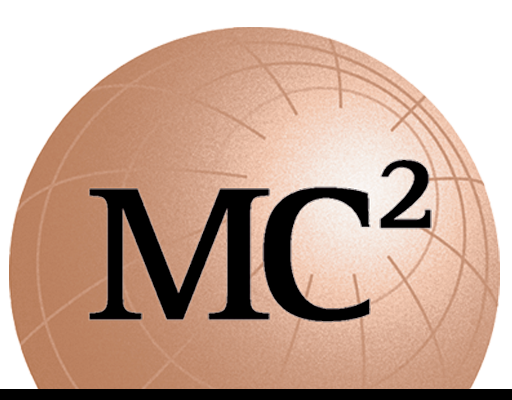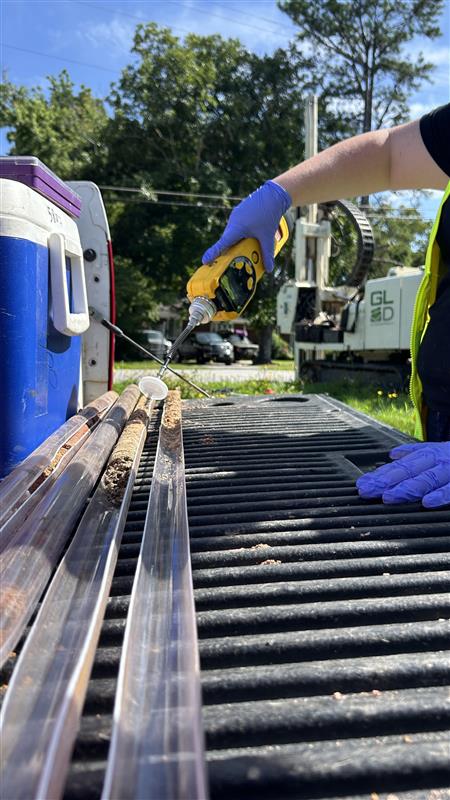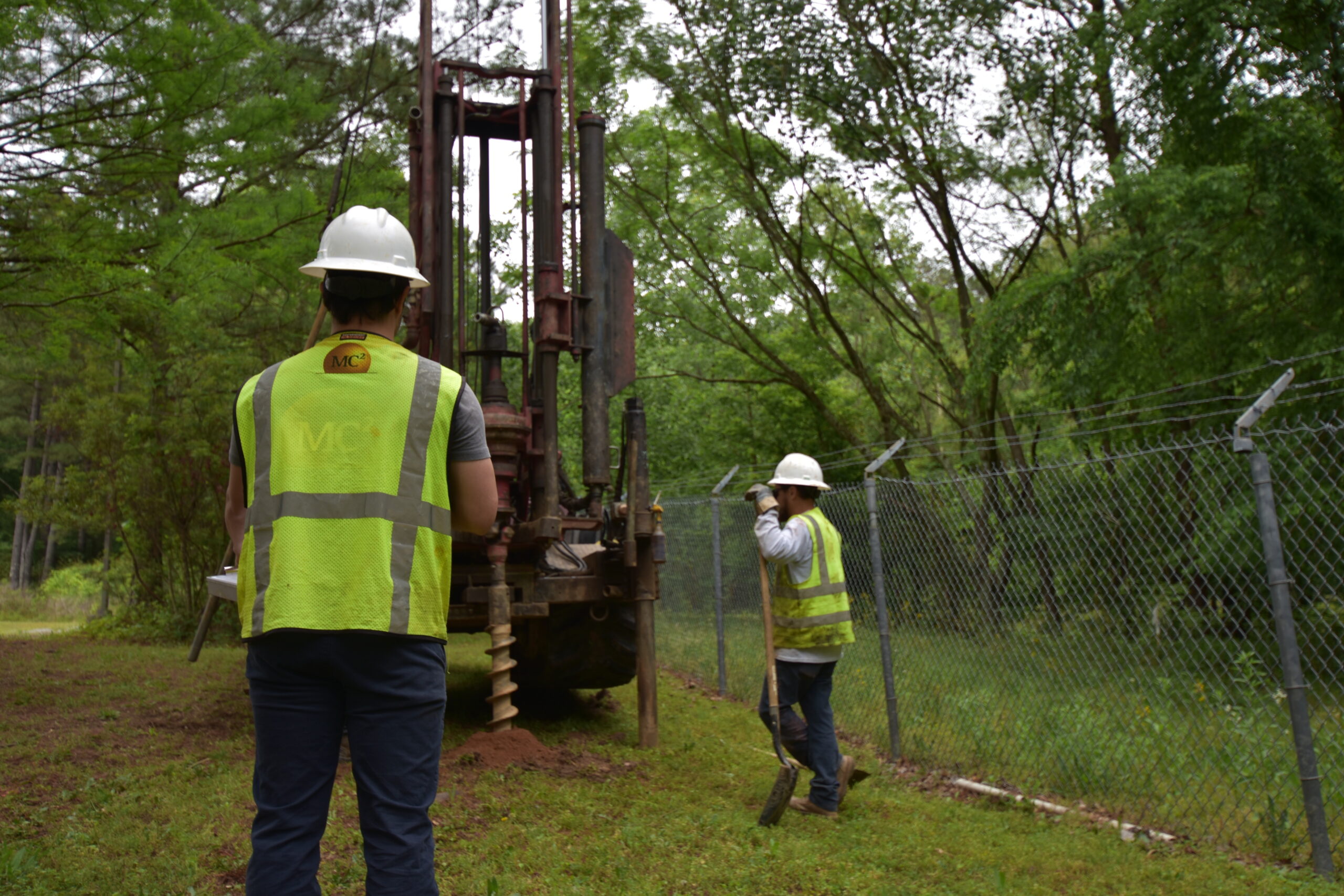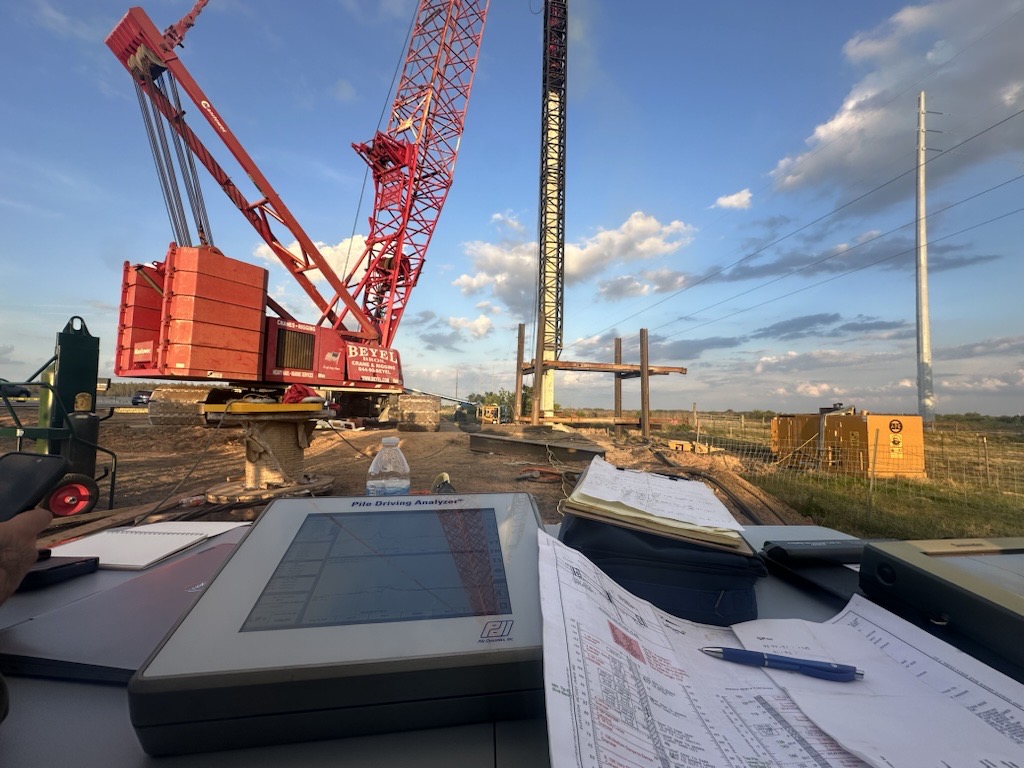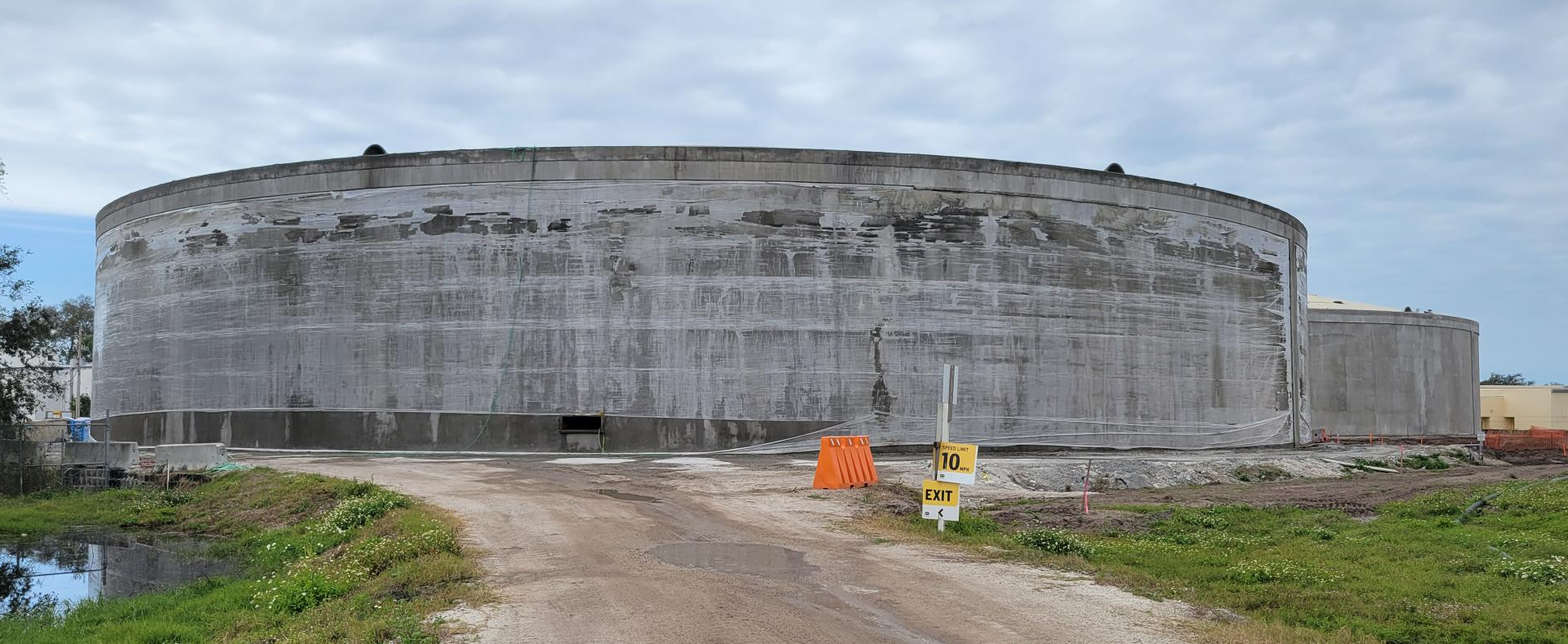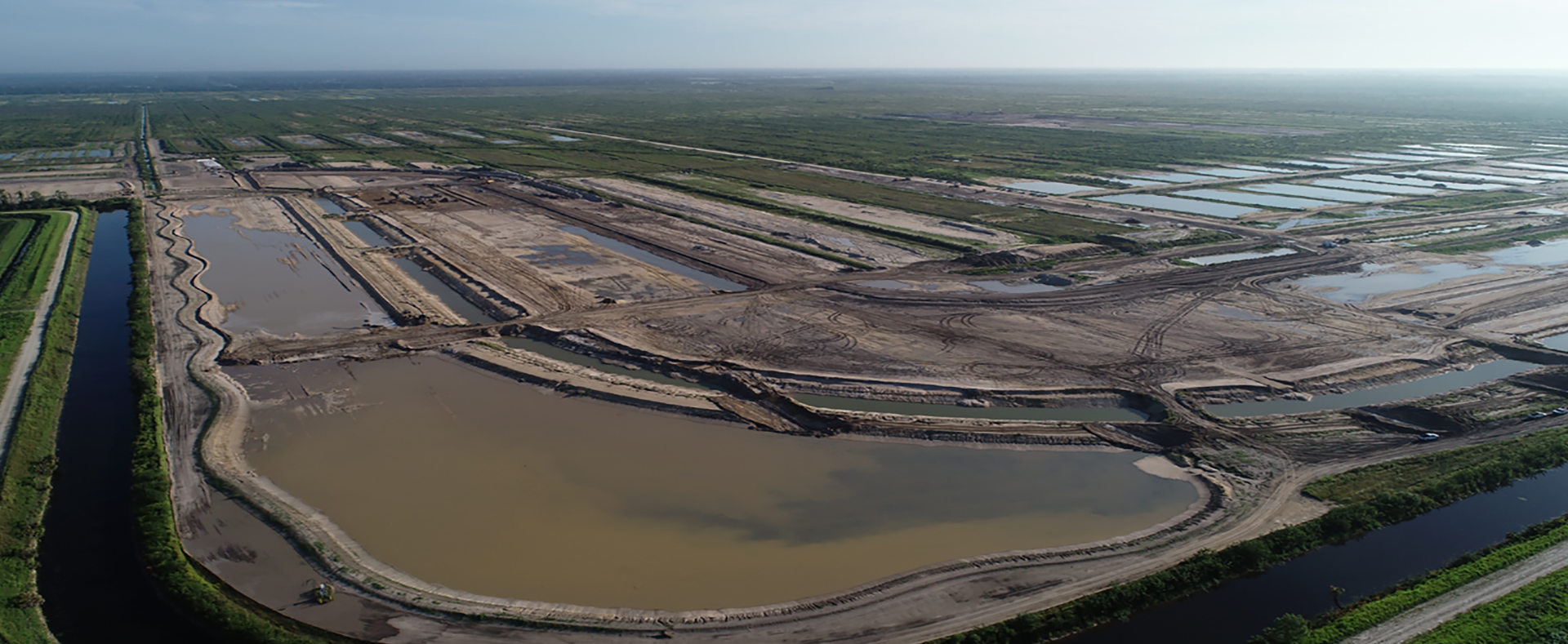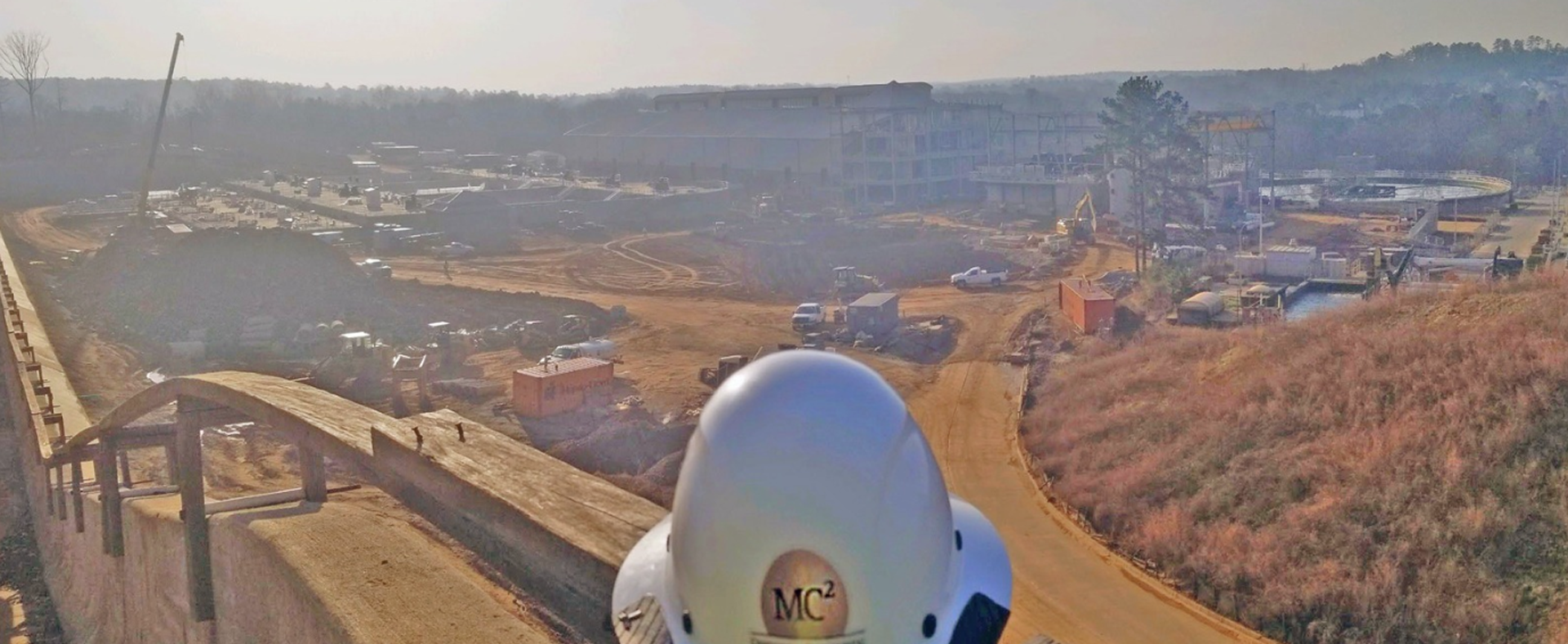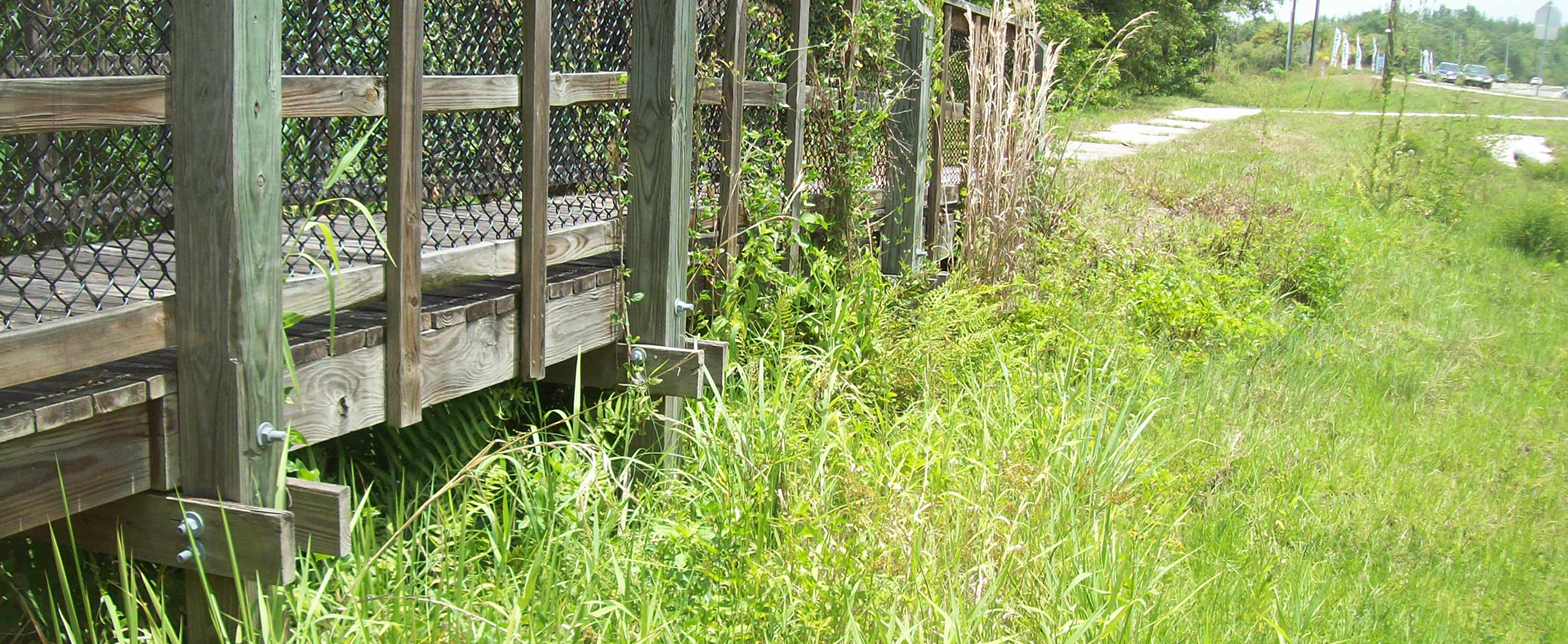MC Squared (MC²) is supporting Lowe Engineers on a roadway widening improvement project along CR 817, Lee Road, and South Sweetwater Road in Douglas County, Georgia. The project aims to improve traffic flow and safety through expanded roadway capacity and infrastructure upgrades. Before design and construction can proceed, a thorough environmental assessment is required to identify and mitigate potential risks.
Our team was engaged to perform a Phase I Environmental Site Assessment (ESA), which involved reviewing historical land use records, regulatory databases, and conducting a site reconnaissance.
During this assessment, we identified multiple underground storage tank (UST) sites in close proximity to the project limits, including two active tanks located directly adjacent to the planned alignment.
Due to these findings, the project advanced into Phase II ESA fieldwork. Our environmental professionals are conducting subsurface investigations, including soil and groundwater sampling, to evaluate potential contamination and determine whether further remediation or monitoring may be required. The data collected will support environmental compliance and inform planning decisions ahead of project development.
MC² is proud to deliver detailed, data-driven evaluations that support responsible infrastructure improvements. Our work on this project helps ensure safety, sustainability, and regulatory alignment for long-term development in Douglas County.

